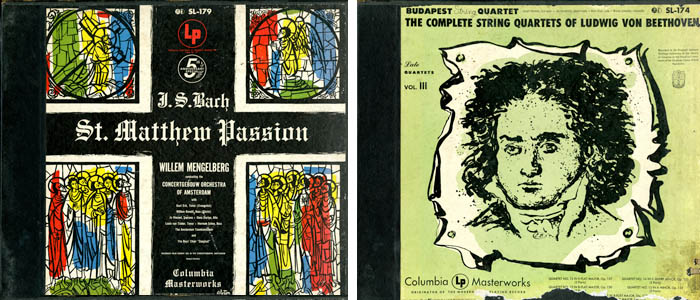, Pens, Paper, and Records. IMS Clarice Lispector, 2014. Disponível em: https://site.claricelispector.ims.com.br/en/2014/07/22/caneta-papel-e-discos/. Acesso em: 08 May 2025.
Listening to music is not only a pleasurable activity but also an almost necessary task for those whose vocation it is to incorporate words – a mixture of sound and silence – as a way of illuminating existence. In the archives of Clarice Lispector, Otto Lara Resende, and Decio de Almeida Prado, there are several LPs that help us get to know a little about the musical taste of these three writers.
Clarice Lispector, for example, was explicit in relation to what music meant to her. In Água Viva, she confesses: “I see that I’ve never told you how I listen to music – I gently rest my hand on the record player and my hand vibrates, sending waves through my whole body: and so I listen to the electricity of the vibrations, the last substratum of reality’s realm, and the world trembles inside my hands.”
Covers from Clarice Lispector’s LPs: on the left, St. Matthew Passion, by J.S. Bach, performed by the Concertgebouw Orchestra of Amsterdam; on the right, The Complete String Quartets of Ludwig von Beethoven, performed by the Budapest String Quartet. Clarice Lispector Archive / IMS Collection
On the left, Jeanne D’Arc au bucher, by Arthur Honegger, performed by The Philadelphia Orchestra; on the right, Othello, by William Shakespeare, with Paul Robeson, José Ferrer, Uta Hagen, and Edith King. Clarice Lispector Archive / IMS Collection.
See also
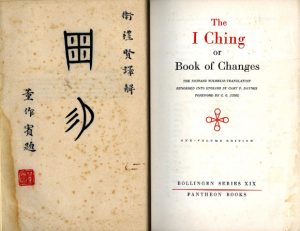 by Antonio Xerxenesky
by Antonio Xerxenesky
Clarice left various papers with drafts to calculate responses provided by the I Ching. Some of the questions are scribbled, such as “What’s my future in general?”
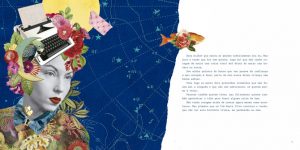 by Mariana Valente
by Mariana Valente
Starting next May, the shelves of Brazilian bookstores will display copies of A mulher que matou os peixes (The Woman Who Killed the Fish) with a new look.
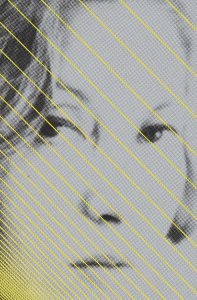 by Bruno Cosentino
by Bruno Cosentino
This August, Todas as crônicas will be released, a volume that brings together for the first time all the chronicles written by Clarice Lispector for newspapers and magazines.
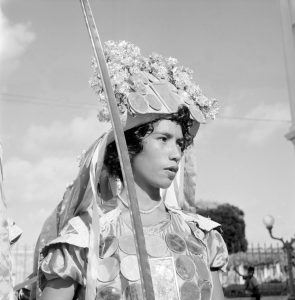 by Cicero Cunha Bezerra
by Cicero Cunha Bezerra
Michel de Certeau, in his La fable mystique, addresses an important aspect in the relation between idiocy and holiness in the first centuries, particularly in Christian literature, namely: a mode of isolation in the crowd. Idiocy, in the form of madness, is attributed to the crowd, and additionally, is established as a provocation, a transgression in the field of the “right-minded.”
 by Elizama Almeida
by Elizama Almeida
In February of 1977, Clarice visited the studios of TV Cultura and accepted the invitation to be interviewed by the journalist Júlio Lerner, host of the program “Panorama Especial”
 by Equipe IMS
by Equipe IMS
Acclaimed by critics and a popular phenomenon on the internet, Clarice Lispector is considered, internationally, one of the great names in 20th century literature. Mysterious, obscure, revealing, experimental, strangely mystical, or philosophical – how to define the writing of the author of The Hour of the Star? This podcast, conceived and presented by Bruno Cosentino and Eucanaã Ferraz, covers Clarice’s life and work in five episodes, in which they talk to great specialists, professors, and researchers.

